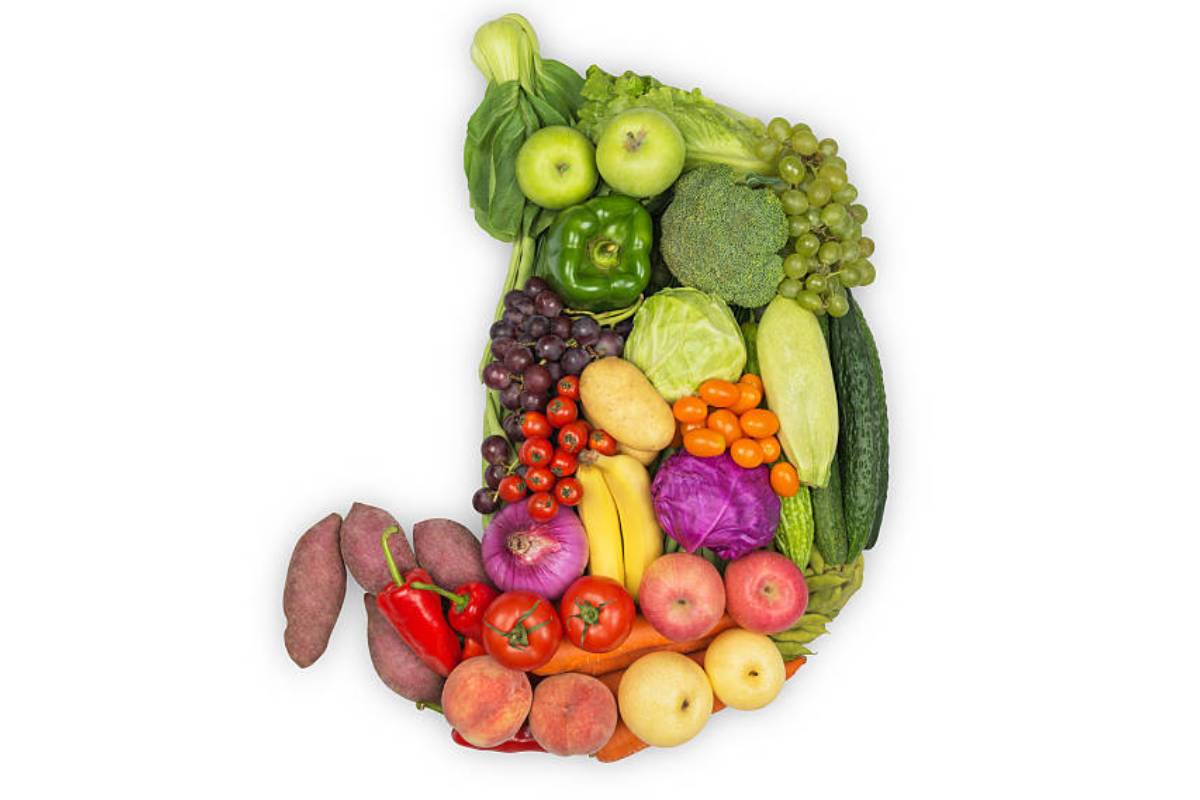Trusting your gut is a form of intuition, emerging from the inner core of your body. Although gut feelings are taken figuratively on most occasions, gut health can play an important role in your decision-making. Your gut can be a helpful guide, but only if it’s healthy and not riddled with its own problems. If you think about it, many of your rash decisions may be attributed to a rumbling belly.
Bloating, indigestion, or an upset stomach can ruin your day. Although it could happen to anyone occasionally, a frequent occurrence of such symptoms indicates poor gut health. Don’t just blame food for upsetting your stomach, you may also be part of the blame. Taking care of your gastro-intestinal system is pivotal to overall well-being, from your mood to your immune system.
Watch what you eat, when you eat, and how you eat to ensure your dietary habits are helping your gut function well. You don’t need to go on a specific diet to improve your gut health. Just follow the tips below to keep your gut humming happily.
Table of Contents
1. Join the Fiber Fan Club
Fiber is a superhero who can swoop in to save your gut. Leafy greens, such as kale or spinach, are excellent sources of fiber as well as vitamins and minerals. Take them in a salad, or if you’re strapped for time, go for quick fixes like a super greens powder. When mixed with water, this dietary supplement makes a tasty drink that provides all the nutrients in half the time.
Aim for a mix of soluble fiber (like oats and apples) and insoluble fiber (like carrots and whole grains). This can keep your digestive system in top shape with reduced constipation and lower risk of chronic illnesses like heart disease. When mixed with water, soluble fibers reduce blood sugar and cholesterol, so make sure to keep yourself hydrated.
2. Flush Out Toxins
Dehydration is a common cause of constipation. Water is essential to break down food so your tissues can absorb the nutrients. It also softens stools and helps ease bowel movements. Keep in mind, water means plain water as adding sugar to it can have the opposite effect. Sugar can proliferate harmful bacteria that can lead to inflammation and a disbalance in gut metabolism.
While soda and artificially sweetened juices should be avoided, teas and coffee can have a positive impact on gut motility. Many people depend on their first cup of coffee to wake up their bowels in the morning. Caffeine makes your intestine contract, helping food move along its path. Certain teas, like ginger tea, also support the gut microbiome by supporting the proliferation of healthy bacteria in the gut.
3. Don’t Forget Probiotics
Not all bacteria are bad. Some of those little guys living in your intestines help in digesting food and fighting pathogens. Probiotics are live bacteria and yeasts that are beneficial for your health, often found in supplements and fermented foods like yogurt, kefir, and kimchi. Yogurt is an excellent source of probiotics. Use it for a parfait at breakfast, salad for lunch, and a cold dip for dinner. Kefir and Kombucha are probiotic-rich fermented drinks that can easily replace your happy hour cocktail.
Some fruits and vegetables, like apples, bananas, and onions, are called prebiotic foods as they naturally feed probiotic flora. These budget-friendly and easily available items can be added to salads and smoothies or even eaten as snacks. Keep in mind that cooking may alter their composition, so have them raw to enjoy the greatest health benefit.
4. Enjoy Your Meals
Gobbling up your meal often reduces the nutritional value as your stomach must work harder to digest the food. Train yourself to chew your food longer. This helps the healthy food be physically broken down by teeth and chemically broken down by salivary enzymes. You’ll also enjoy the taste of the food if you chew for longer, making the meal much more satisfying.
The reason why most people eat in a rush is because their busy schedules have no fixed mealtimes. Your body thrives on routine. Skipping meals or eating irregularly disrupts the internal rhythm causing issues like gas or bloating. Having said that, if some specific food causes gastrointestinal disturbances, it probably doesn’t suit you and should be avoided.
5. Prioritize Your Health
Your physical and mental health can have a direct effect on your gut health. Regular exercise doesn’t just help your muscles; it can also promote gut motility and reduce constipation. Even better, it can also reduce stress which is a known offender of the gut. For many people, having indigestion, cramps, or diarrhea is a common symptom of stress. Learn techniques like meditation and deep breathing to calm your nerves along with your gut.
Sometimes there may be an underlying clinical reason for your gastrointestinal issues. If symptoms are getting worse despite diet and lifestyle modifications, consult a healthcare professional for advice. Rule out organic causes such as allergies or polyps. A nutritionist could also help tailor your diet according to your body’s preferences while adhering to your body’s requirements.
Gut health should not be underestimated as poor gut health may result in skin changes, low immunity, and general fatigue. Stick to a balanced diet, but make sure you couple it with regular exercise and adequate sleep. A healthy lifestyle can help you feel better and think better. This way you’ll feel confident and trust your gut to make the right decisions for a healthy life ahead.

